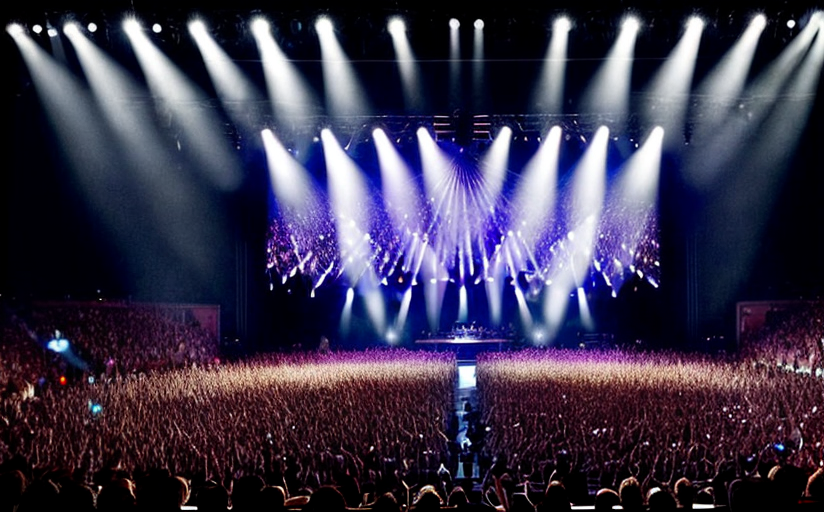The Influence of Classical Music on Modern Pop Culture
The last few decades have seen a profound transformation in popular music, where we see a significant influence of classical music. An in-depth exploration of this adaptation illustrates a unique fusion of vastly diverse genres, thus adding an intriguing flavor to modern pop culture.
Classical Tunes in Modern Pop Music
The incorporation of classical tunes into modern pop music has been a powerful strategy allowing artists to bridge the gap between these divergent genres. Many popular pop songs today sample melodies from classical music, displaying a blend of the old and the new. For example, the song I Don't Like Mondays by The Boomtown Rats utilizes the melody from Sergei Rachmaninoff’s “Piano Concerto No. 2 in C Minor”. Another instance includes the opening piano solo in Can't Stop Falling in Love by Elvis Presley, where the inspiration is drawn from the classical piece Plaisir d’Amour by Jean-Paul-Egide Martini.
Inspired Artists
Several contemporary musicians have sourced their inspiration from classical music, skillfully crafting their songs with nuanced adaptations. Lady Gaga, a well-known pop icon, has mentioned that she writes her music based on Beethoven’s and Bach’s creations. Furthermore, Barry Manilow's Could It Be Magic is directly inspired from Chopin’s Prelude in C Minor Op. 28 No. 20, a vivid reflection of classical music's influence.
Engaging the Audience and Influencing Modern Pop Culture
The interweaving of classical elements into contemporary pop music makes the genre intriguing and engaging for the audience. By reinterpreting classical music in a contemporary context, pop music becomes a fusion of distinct cultures and periods, driving a deeper interest and engagement.
The influence of classical music on modern pop culture is significant, lending a cultural authenticity to the genre and serving to diversify and enrich the audience's musical experience. The inclusion of classical components contributes to an ongoing evolution and expansion of pop music, thereby subtly shaping the trends and preferences of modern pop culture.


















Comments
Leave a Comment